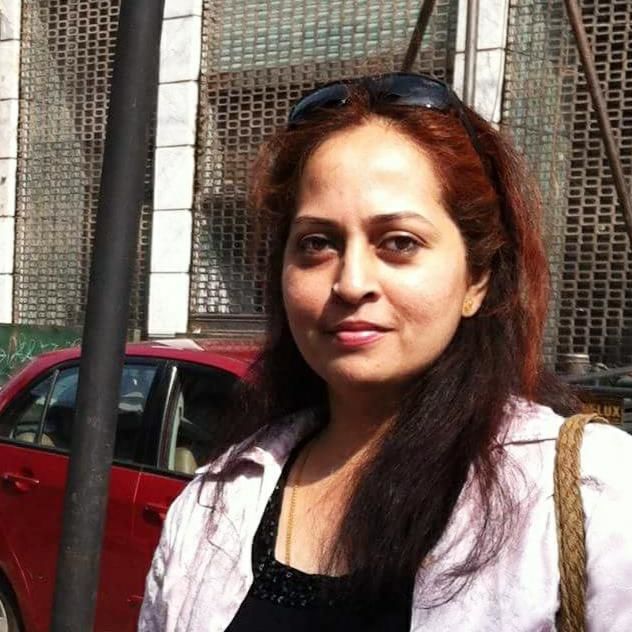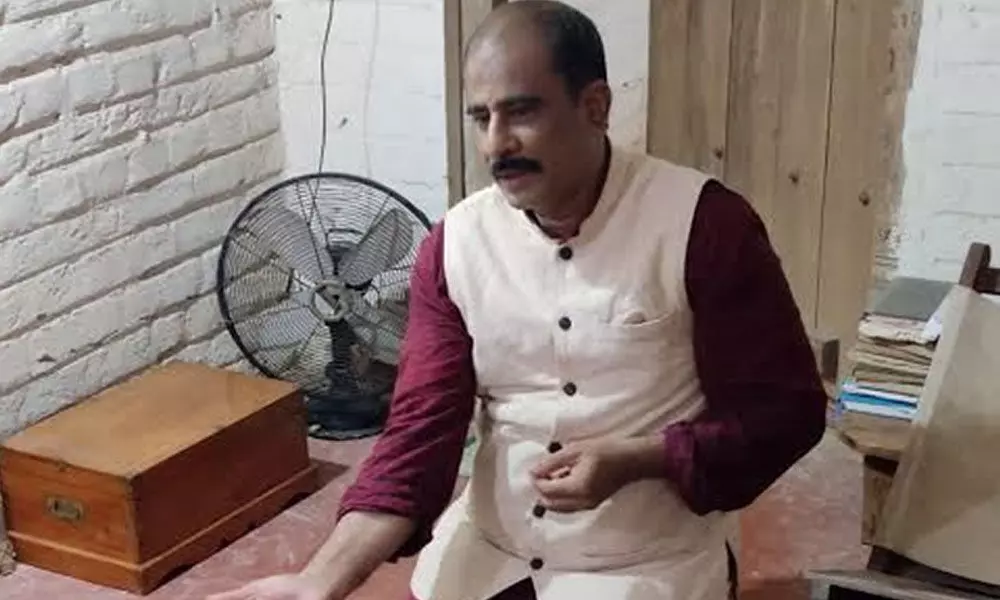Live
- Three persons admitted to hospital for diarrhea treatment
- First Star Outside Milky Way Captured: WOH G64 is 2,000 Times Larger Than the Sun
- Sikkim govt to constitute state Niti Ayog: CM Tamang
- CBI books Rajasthan narcotics inspector for Rs 3 lakh bribe
- Rajasthan bypolls: A tough contest between BJP and Congress
- Albania joins SEPA, paving way for EU integration
- Japanese government approves 250-billion USD economic package to ease price pain
- Six pharma companies to set up their units in Telangana
- The Unstable Events of a 17-Wicket Day in Perth: India vs Australia
- Dutch FM's Israel trip cancelled after Netanyahu's arrest warrant
Just In
Visakhapatnam: Etikoppaka artisans aspire for a global presence


Etikoppaka-based artisan C V Raju explaining the natural dyes used for crafting Etikoppaka toys
Despite the Geographical Indication tag, making inroads into international markets for the 400-year-old Etikoppaka toys appears to be a distant dream for the artisans
Visakhapatnam: Despite the Geographical Indication tag, making inroads into international markets for the 400-year-old Etikoppaka toys appears to be a distant dream for the artisans.
Though the wooden toys designed with natural dyes gradually drew attention from across the nation, the artisans of Etikoppaka located alongside the banks of Varaha river in Visakhapatnam say that there is still a long way to go to make their presence felt in the global market.
With Prime Minister Narendra Modi laying emphasis on marketing the toxic-free Etikoppaka toys overseas during his 'Mann Ki Baat' programme, the lacquer toys hogged the limelight again. Etikoppaka-based artisan CV Raju says it did come as a pleasant surprise for him when the Prime Minister mentioned his name during the 'Mann Ki Baat'.
Expressing his gratitude to the PM, Raju, a farmer-artisan, tells The Hans India that gaining access to national and international markets through craft fairs and exhibitions help in expanding the products' reach. "It also aids in getting global recognition for the artisans. From making a handful of varieties to increasing the product range, Etikoppaka artisans have come a long way over the years. But what can be focused simultaneously is diversifying the application of organic dyes," opines Raju.
In addition to enhancing design intervention, Raju lays emphasis on product diversification. "The organic dyes incorporated while crafting Etikoppaka toys are derived from tree leaves, roots, bark and seeds that are grown across Eastern Ghats. Such natural dyes can be used for furniture, interior designs, yarns, fabrics and pottery as well," he elaborates.
Though the e-commerce platforms are thrown open for the artisans to penetrate the global market, artisans of Etikoppaka say that the younger generation should be trained in the skill in order to save the art form from extinction and quality deterioration. "The expertise we gained over three decades will go down the drain if they are not shared. Apart from strengthening the marketing platforms for a greater patronage, providing training to the next generation will aid in saving the art form from extinction. Also, setting up a knowledge-sharing centre and an experimentation centre would help in taking the craft to the next level," adds Raju. While shrinking forests continue to pose a threat to gain access to the locally-grown 'Ankudi Karra' tree (Wrightia Tinctoria) used to craft lacquer toys, absence of an incubation centre to develop an idea into a viable product is another challenge the artisans of Etikoppaka demand attention.

© 2024 Hyderabad Media House Limited/The Hans India. All rights reserved. Powered by hocalwire.com






